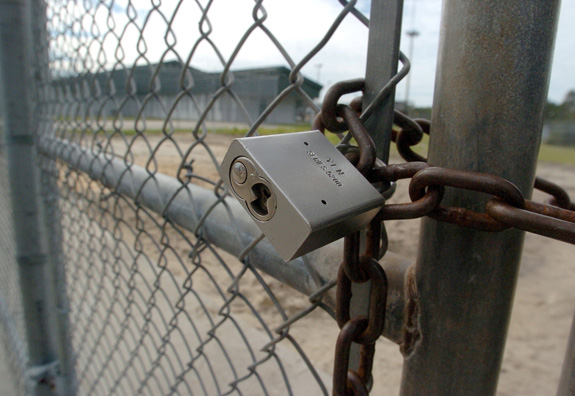Feds: IDEA Still Applies When Students Incarcerated

Special education law largely applies in cases where young people with disabilities are incarcerated, according to new guidance from the Obama administration. (Julie Fletcher/Orlando Sentinel/TNS)
Kids with disabilities have the right to a free appropriate public education complete with academics, therapies and other supports even if they’re locked up, federal officials say.
In new guidance, the Obama administration is reminding states and local agencies that students do not relinquish their rights under the Individuals with Disabilities Education Act if they are incarcerated.
“The fact that a student has been charged with or convicted of a crime does not diminish his or her substantive rights or the procedural safeguards and remedies provided under the IDEA to students with disabilities and their parents,” wrote the U.S. Department of Education’s Melody Musgrove and Michael Yudin in a letter being sent this week to state and local officials responsible for educating youth in correctional facilities.
Advertisement - Continue Reading Below
The “Dear Colleague” correspondence specifying obligations under IDEA comes as part of a broad package issued jointly by the Education and Justice Departments designed to clarify responsibilities to all students who are incarcerated.
The issue is meaningful, according to Attorney General Eric Holder, since about 20 percent of youth in juvenile justice facilities have disabilities and many are not getting the services they need.
“This guidance recognizes that children in juvenile justice facilities are often the very same children who need our educational support the most,” Holder said. “Under the Individuals with Disabilities Education Act, every one of these children — including those involved with the justice system — is entitled to a free appropriate education.”
The letter indicates that students with disabilities who are detained should have an individualized education program, or IEP, just like they would at school complete with the educational, social and behavioral supports they need.
What’s more, rules regarding identifying children in need of special education, educating them in the least restrictive environment and the due process rights of students and their parents extend to those in juvenile justice facilities, according to the letter. Parental involvement also continues to remain key, federal officials said.
“Young people should not fall off track for life just because they come into contact with the justice system,” Secretary of Education Arne Duncan said.
Read more stories like this one. Sign up for Disability Scoop's free email newsletter to get the latest developmental disability news sent straight to your inbox.

